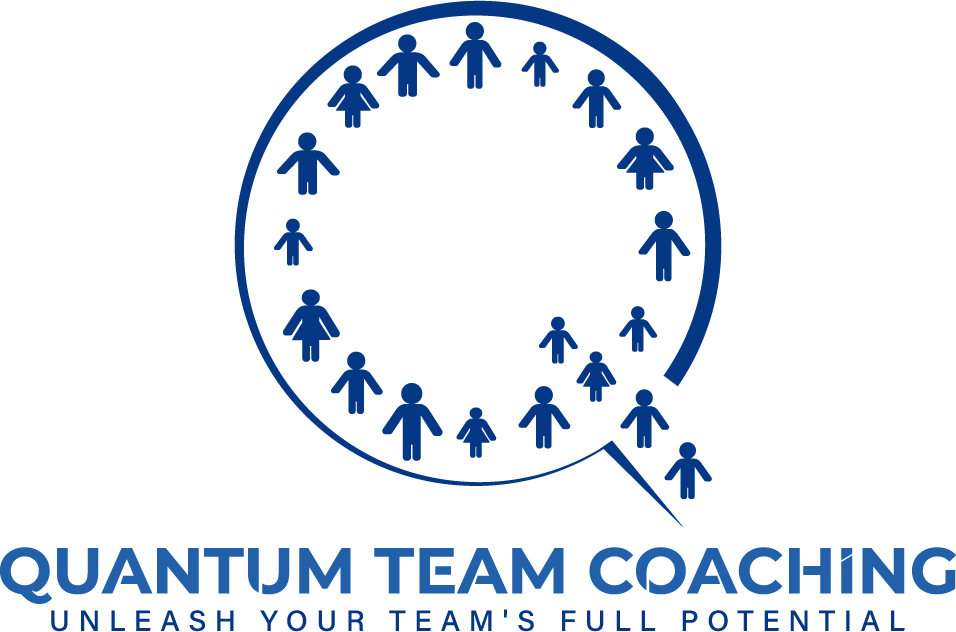In many medical practices, financial challenges are a common concern. Issues like extended Accounts Receivables (AR) and poor communication with patients can create significant stress, not just on the financial health of the practice but also on the overall workplace environment. When AR is too long, the practice struggles to receive payments on time, making it difficult to cover operating expenses. Meanwhile, if teams fail to communicate effectively with patients, frustration grows, leading patients to leave in search of a new provider. This can further strain the practice as its income sources dwindle.
While these problems are widespread, many practices mistakenly believe that solutions like professional coaching are only within reach for large groups or medical systems. However, this perception is far from accurate. Team coaching, particularly when focused on developing soft skills, can be an affordable and highly effective solution for practices of all sizes.
The Role of Soft Skills in Workplace Productivity
Soft skills, often underrated in their impact, are critical to the smooth functioning and productivity of any workplace. These include abilities like communication, teamwork, empathy, and conflict resolution—skills that are especially vital in a medical setting where patient care and collaboration are at the forefront.
When a medical team lacks strong soft skills, the effects are immediately noticeable. Miscommunications between staff members can lead to errors or delays in patient care. Inadequate communication with patients can result in dissatisfaction, leading to poor retention rates and negative word-of-mouth. On the other hand, when a team excels in soft skills, the practice becomes more cohesive, efficient, and ultimately more productive.
How Team Coaching Enhances Soft Skills
Team coaching interventions specifically target these soft skills, helping teams to develop the interpersonal and collaborative abilities they need to thrive. Through a series of structured sessions, a coach works with the team to identify areas where improvement is needed, such as communication, conflict resolution, or time management. The coach then guides the team through exercises and discussions designed to enhance these skills.
For example, in the context of AR, better communication can streamline the billing and collections process, ensuring that payments are received more promptly. In terms of patient interaction, improved communication skills can lead to faster, more accurate dissemination of lab results and other critical information, enhancing patient satisfaction and retention.
Case Example: Improving AR and Patient Retention
Consider a medical practice struggling with long AR periods and high patient turnover. The practice decided to invest in team coaching focused on soft skills. The coaching sessions helped the team improve their internal communication, ensuring that billing issues were addressed promptly and effectively. They also worked on their communication with patients, learning to deliver information in a clear, empathetic manner that met patients’ needs.
The results were significant. The practice saw a reduction in AR days, improving cash flow and reducing financial strain. At the same time, patient satisfaction increased, leading to higher retention rates. The practice not only stabilized its financial situation but also created a more positive, productive work environment.
Affordable Solutions for All Practices
One of the biggest misconceptions about team coaching is that it is only affordable for large medical groups or systems. In reality, many coaching services are available at price points that can fit the budgets of smaller practices. Moreover, the return on investment from such coaching often far outweighs the initial cost, particularly when considering the long-term benefits of improved productivity and patient satisfaction.
By focusing on soft skills development, team coaching offers a practical, scalable solution to common challenges faced by medical practices. Whether it’s improving AR, enhancing patient communication, or simply fostering a more collaborative workplace culture, coaching can provide the tools and support needed to achieve these goals.
Conclusion
The connection between team coaching, soft skills, and workplace productivity is clear. By investing in coaching that emphasizes the development of soft skills, medical practices can address key challenges, from financial management to patient retention. Far from being a luxury only available to large groups, soft skills coaching is a valuable, affordable tool that can help practices of all sizes achieve greater success. By enhancing communication, teamwork, and other critical soft skills, practices can create a more harmonious, efficient, and productive work environment—ultimately benefiting both their financial health and patient care.





